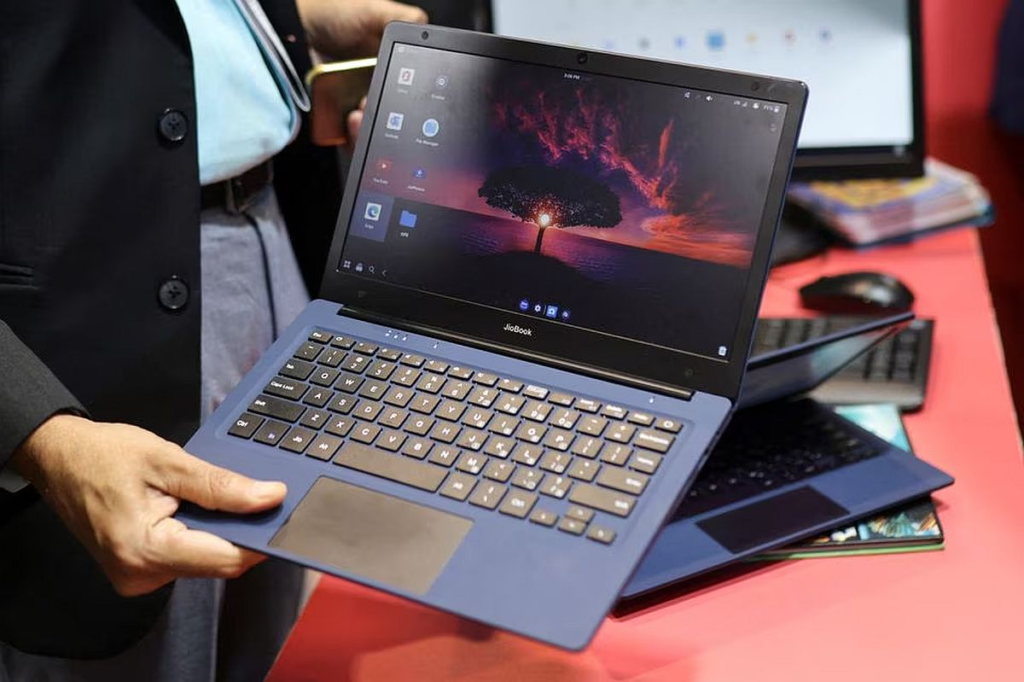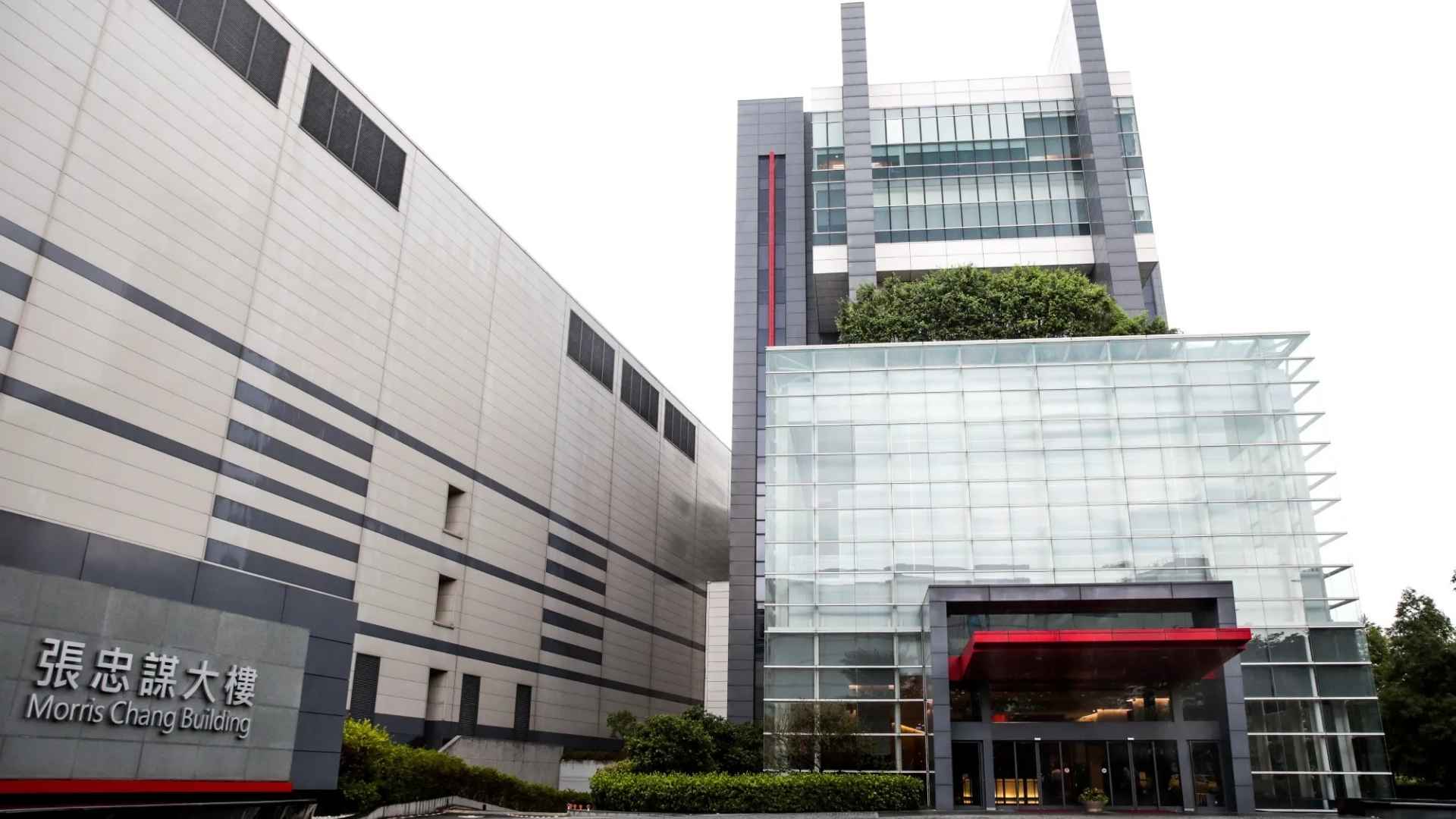Trade Think-Tank GTRI Pushes For Clear Import Criteria For Computers And Laptops

On August 3, the Indian government announced that importers of computers and laptops must obtain a licence/permission from the Directorate General of Foreign Trade (DGFT) for their imports. The move comes as India faces import curbs on laptops and computers. Trade think-tank GTRI (Global Trade Research Initiative) has suggested that the government should establish objective criteria for importers to seek licences for inbound shipments of these items to meet domestic demand.
Ensuring a Steady Supply

Ajay Srivastava, co-founder of GTRI, emphasizes the importance of computers, laptops, and tablets in connecting people to education, business, entertainment, and other aspects of life. To avoid short supply and market disruption, he suggests the government announces clear and objective criteria that will form the basis for granting licences. Past performance has been used in similar cases to grant licences. Additionally, the government may inform all firms in advance of their annual import eligibility in terms of the number of units and value, avoiding discrimination and discretion.
Potential Disputes and National Security

GTRI warns that India might face disputes from World Trade Organization (WTO) members due to these import curbs. However, the dysfunctional state of the WTO disputes body may provide India with some time to respond. In defense, India may cite national security concerns, claiming that unchecked imports pose a threat to national security. The US has employed a similar logic while imposing additional tariffs on steel and aluminum imports to protect its industries.
Challenges and Dependencies
India’s basic customs duties on laptops, PCs, and similar products are currently zero due to commitments made in the Information Technology Agreement (ITA) signed in 1997. Restricting imports is a significant measure since it allows the government to limit the value and source of imports. The challenge lies in India’s dependency on China for components and subassemblies required to manufacture electronics products like laptops. While India has introduced a Production Linked Incentive (PLI) scheme, cutting duties on critical components like PCBA (Printed Circuit Board Assembly) may conflict with other PLI schemes.
Way Forward
GTRI suggests that India must work towards self-sufficiency in manufacturing laptops, PCs, and other electronic products. While the local build-up might not be rapid, India’s growing market demands efforts to establish domestic manufacturing capabilities.
The Hindustan Herald Is Your Source For The Latest In Business, Entertainment, Lifestyle, Breaking News, And Other News. Please Follow Us On Facebook, Instagram, Twitter, And LinkedIn To Receive Instantaneous Updates. Also Don’t Forget To Subscribe Our Telegram Channel @hindustanherald








